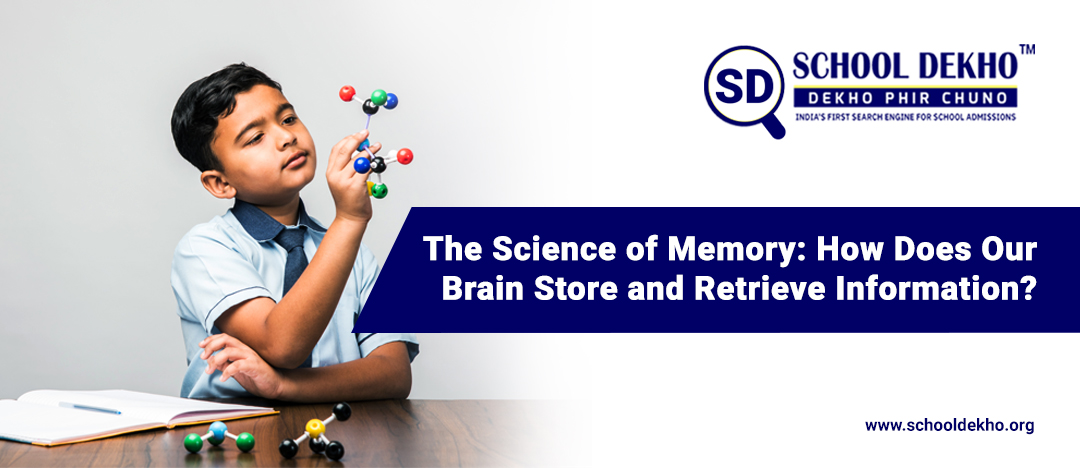The Science of Memory: How Does Our Brain Store and Retrieve Information?

Memory is an integral part of human cognition, allowing us to store, access, and make sense of our experiences and knowledge. From recalling the name of a childhood friend to taking a history exam, memory plays a pivotal role in our daily lives. But have you ever wondered how our brain manages to store and retrieve this vast trove of information?
In this article, we will delve into the fascinating world of memory science, exploring the processes by which our brain encodes, stores, and retrieves information.
The Basics of Memory
Memory can be broadly categorized into three main types:
- Sensory Memory: This is the initial stage of memory where information from our senses (sight, sound, smell, taste, and touch) is briefly registered. Sensory memory acts like a filter, determining which information is important enough to move to the next stage.
- Short-Term Memory: Information that passes through the sensory memory gate is temporarily stored in short-term memory. It has limited capacity and typically lasts for a few seconds to minutes. This is where we "hold" information temporarily, like a phone number before dialing it.
- Long-Term Memory: Information that is deemed important or rehearsed in short-term memory can be transferred to long-term memory. This is where information can be stored for a lifetime, although it may decay or become difficult to retrieve over time.
Encoding, Storage, and Retrieval
The process of memory involves three key stages: encoding, storage, and retrieval.
- Encoding: This is the process by which sensory information is transformed into a form that can be stored in memory. Encoding can occur through various means, including rehearsal (repeating information), elaboration (connecting new information to existing knowledge), and visual or semantic processing.
- Storage: Once encoded, information can be stored in different parts of the brain. Long-term memory is often divided into two categories: declarative memory (facts and events) and procedural memory (skills and habits). These memories are stored in various regions of the brain, such as the hippocampus and the cortex.
- Retrieval: Retrieval is the process of accessing stored information when needed. It can be influenced by various factors, including the strength of the memory trace, context, and cues. Sometimes, memories can be retrieved effortlessly, while at other times, they may require conscious effort.
Neurobiology of Memory
The brain's complex neural network plays a crucial role in memory formation and retrieval. The hippocampus, located deep within the brain's temporal lobe, is a central hub for encoding and transferring information from short-term to long-term memory. The cortex, on the other hand, houses the vast repository of long-term memories.
Neurotransmitters like acetylcholine, glutamate, and dopamine also play vital roles in memory processes. They facilitate the communication between neurons, strengthening or weakening synaptic connections.
Factors Affecting Memory
Several factors can influence the encoding and retrieval of memories, including:
- Emotion: Emotional experiences are often remembered more vividly due to the activation of the amygdala, a brain region associated with emotions.
- Stress: Excessive stress can impair memory, while moderate stress can enhance it for certain tasks.
- Sleep: Quality sleep is essential for memory consolidation, as it allows the brain to reorganize and strengthen neural connections.
- Nutrition and Exercise: A healthy lifestyle, including a balanced diet and regular physical activity, can support optimal brain function and memory.
The science of memory is a multidisciplinary field that continues to uncover the intricacies of how our brain stores and retrieves information. Understanding these processes can not only help us improve our memory but also shed light on conditions like amnesia and dementia. As we unravel more about the brain's memory mechanisms, we inch closer to unlocking the secrets of our past and the potential of our future.
Contact with Us
Call: 1800 - 2588 - 074
Mail: info@schooldekho.org
Student’s Best Education Portal | School Dekho | India's First School Search Engine | Best Schools Near Me | Find Schools Near Me | Dekho Phir Chuno
#dekhophirchuno






